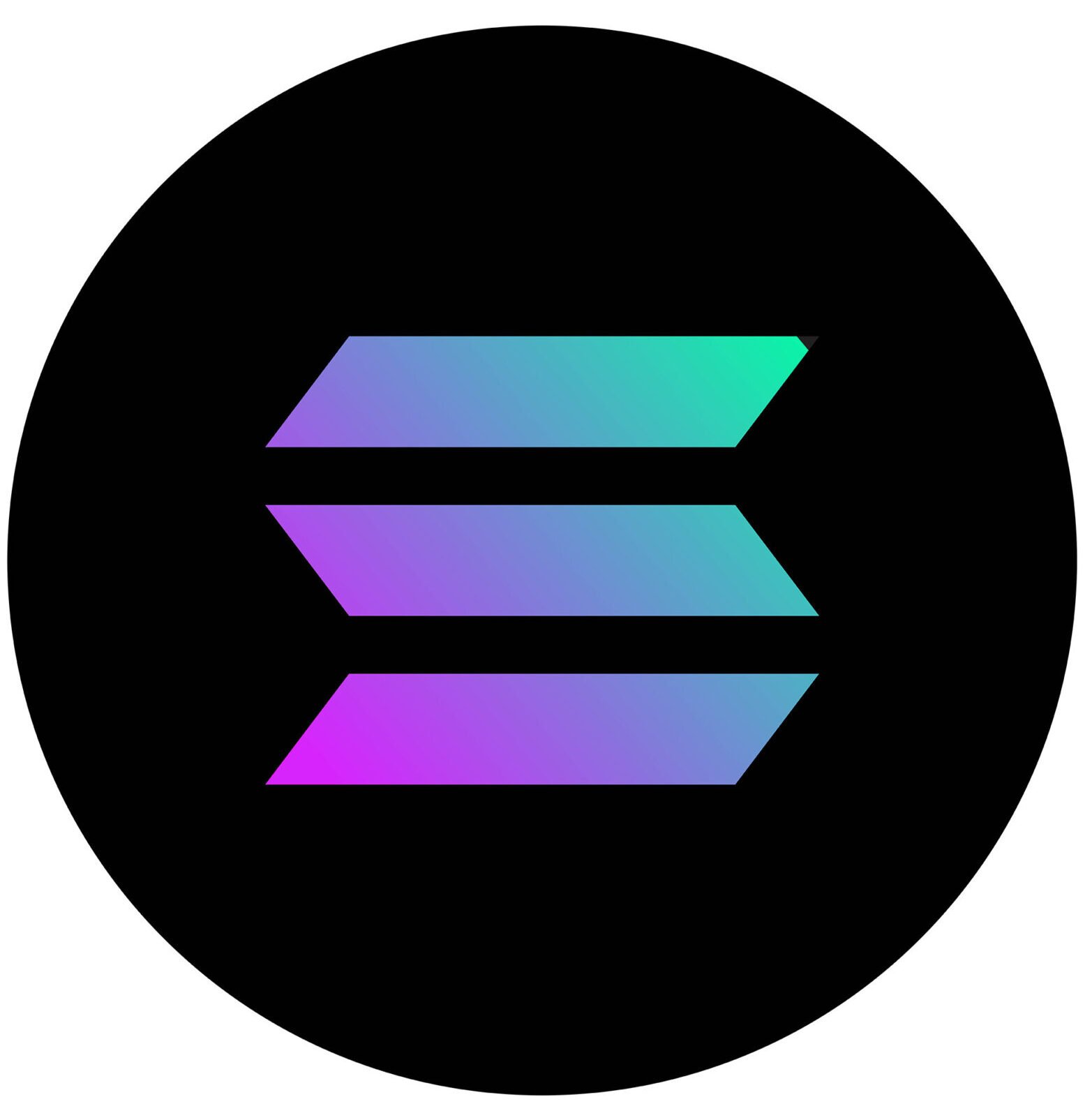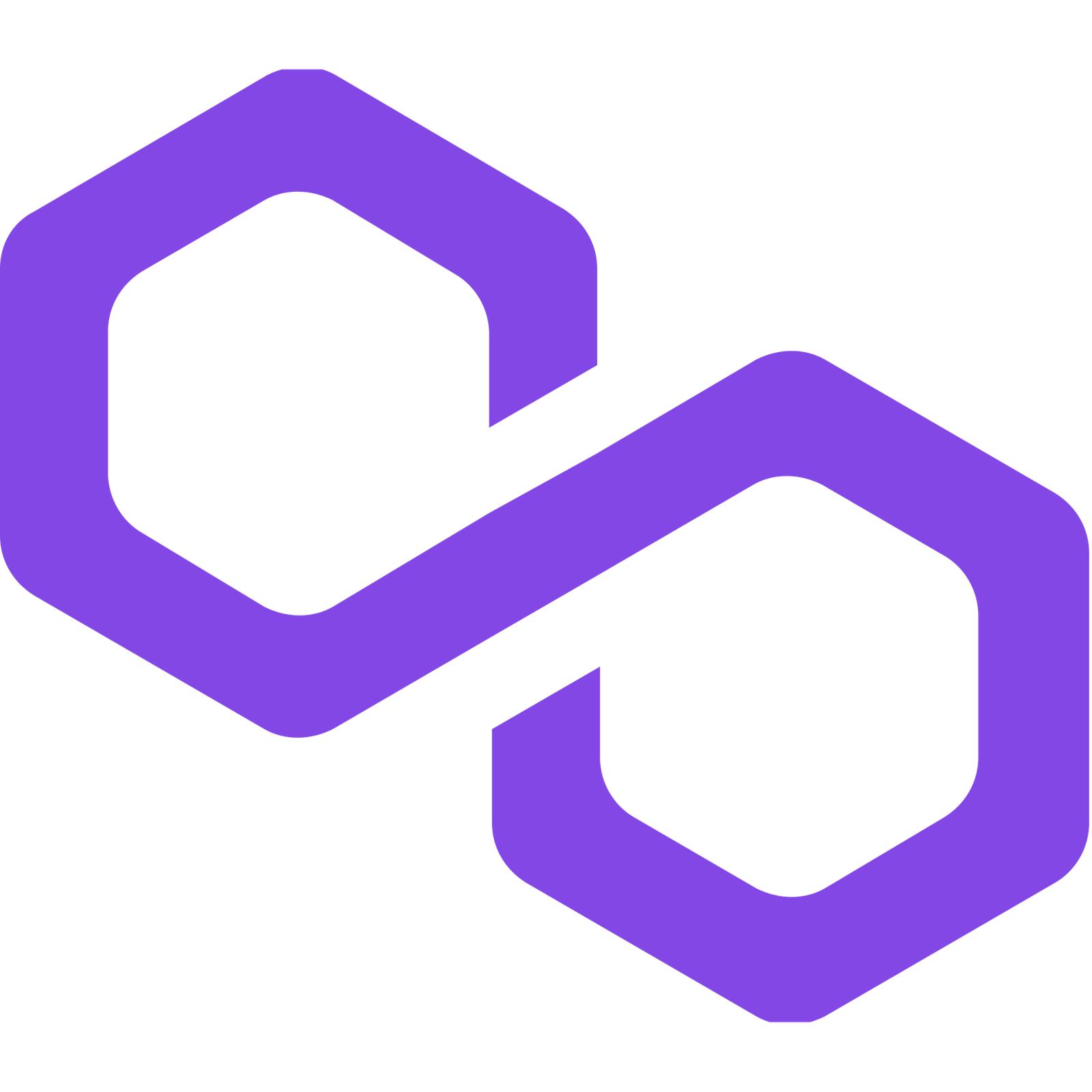Unlocking Trust: The Importance of Smart Contract Auditing

Unlocking Trust: The Importance of Smart Contract Auditing in the Evolving Web3 Ecosystem
As We venture deeper into the innovative space of Web3, a transformative wave of technology is redefining how we interact, transact, and trust within the digital realm. Smart contracts stand at the forefront of this evolution, acting as the backbone of decentralized applications (dApps) on blockchain networks. However, as powerful as these contracts are in automating processes and executing agreements, they also bring inherent risks. Thus, auditing these smart contracts is not just an option but a necessity for creating trust in a decentralized ecosystem.
At its core, Web3 represents a monumental shift from conventional internet models to decentralized architectures that empower users. Technologies like blockchain, cryptocurrency, and non-fungible tokens (NFTs) are transforming an array of sectors—finance, gaming, art, and beyond. These breakthroughs have opened doors to new business models, decentralized finance (DeFi) solutions, and immersive experiences through the integration of artificial intelligence (AI) and virtual/augmented reality (VR/AR).
Innovative Developments & Emerging Technologies
In the blockchain domain, advancements such as Ethereum 2.0 and layer-2 scaling solutions, like Optimistic Rollups, are addressing scalability and security challenges. DeFi platforms are gaining traction, enabling users to lend, borrow, and trade without intermediaries. Research from CoinTelegraph highlights how projects like Aave and Compound are leading the way in decentralized lending, with trillions of dollars in assets locked into smart contracts. Furthermore, creators are finding new ways to monetize their work through NFTs, allowing for genuine ownership and provenance in the digital art space.
The convergence of AI with Web3 is another exciting frontier. With AI algorithms optimizing smart contracts, providing enhanced security audits, and delivering personalized user experiences, the potential for more intelligent dApps is significant. As immersive technologies like VR and AR evolve, they open doors to fully realized metaverse environments where users can interact, collaborate, and transact seamlessly.
Blockchain and Crypto in the Mainstream
Web3 is steadily moving into the mainstream, reshaping businesses across various industries. Major corporations are exploring blockchain solutions for supply chain transparency and streamlined operations. Platforms like The Block regularly cover stories of companies adopting cryptocurrencies as payment methods, indicating a growing acceptance of digital currencies.
Decentralized platforms are reshaping how businesses engage with users. With Web3, user data becomes a private asset, empowering consumers to have control over their digital footprints. Case studies on platforms like Aavegotchi illustrate this shift, as users now hold real financial stakes in ecosystems where previously, their contributions solely benefited centralized companies.
Web3 and Gaming
Interactive entertainment is especially ripe for disruption through Web3 technologies. Blockchain gaming is a booming sector, with titles like Axie Infinity and The Sandbox providing players with ownership of in-game assets via NFTs. These digital collectibles can be bought, sold, or traded, giving players real economic incentives beyond mere entertainment. The potential for creators to design unique gaming experiences using smart contracts is transforming the very fabric of gaming economies.
Moreover, the rise of play-to-earn models signifies a shift in how players interact with games. They are no longer just users but stakeholders in a decentralized economy. As the gaming industry embraces the principles of Web3, we are witnessing a democratization of power that aligns with broader trends in decentralized governance.
The Role of Decentralized Autonomous Organizations (DAOs)
DAOs are emerging as a powerful organizational model within Web3, enabling community-driven governance for project developments and resource allocation. These autonomous entities, guided by code rather than traditional corporate structures, represent a new frontier in decision-making. Platforms such as DAOstack facilitate the creation and management of DAOs, highlighting their potential for collaborative governance.
DAOs empower creators and users to have a direct say in the projects they contribute to, fostering a sense of ownership and community. As the principles of transparency and decentralization are increasingly embraced, DAOs could play a crucial role in reshaping organizations’ structure in the future.
A Vision for the Future
Looking ahead, the transformative potential of Web3 technologies will likely continue to ripple across industries. The integration of AI is expected to enhance the efficacy and security of smart contracts, further solidifying their importance. As immersive technologies like the metaverse gain traction, the digital experiences we engage in today might evolve into fully realized virtual environments where work, play, and social interaction blend seamlessly.
Futuristic projects showcased by forums like Decrypt and NFT Now hint at possibilities that extend beyond today’s imaginations. As we navigate through the next decade, Web3 innovations are poised to revolutionize not just digital ownership but how we engage with the digital domain.
Conclusion
The Web3 landscape is still unfolding, and with it comes the responsibility of ensuring that trust and security are ingrained from the ground up. Smart contract auditing must be prioritized to protect users and instill confidence in decentralized applications. As developments in this space progress, it becomes imperative for enthusiasts and newcomers alike to stay informed and explore this burgeoning decentralized digital ecosystem.
By participating and investing in these technologies, we can collectively shape the future of our interactions, transactions, and trust within this exciting new digital frontier. Explore emerging platforms, read up-to-date insights, and join the discourse—because the next chapter of our digital experience is just around the corner.
















